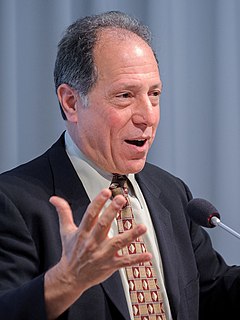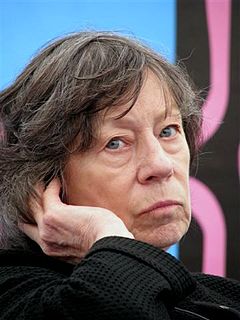A Quote by Hugh Hefner
Women have traditionally been either put on pedestals or damned as the source of all sexual temptation and sin. These are two sides of the same coin, since both place women in a nonhuman role. Playboy has opposed these warped sexual values and, in so doing, helped women step down from their pedestals and enjoy their natural sexuality as much as men.
Related Quotes
Women are an enslaved population - the crop we harvest is children, the fields we work are houses. Women are forced into committing sexual acts with men that violate integrity because the universal religion - contempt for women - has as its first commandment that women exist purely as sexual fodder for men.
The last thing the consumer index wants men and women to do is to figure out how to love one another: The $1.5 trillion retail-sales industry depends on sexual estrangement between men and women, and is fueled by sexual dissatisfaction. Ads do not sell sex--that would be counterproductive, if it meant that heterosexual women and men turned to one another and were gratified. What they sell is sexual discontent.
I wish you would stop and seriously consider, as a broad and long-term feminist political strategy, the conversion of women to a woman-identified and woman-directed sexuality and eroticism, as a way of breaking the grip of men on women's minds and women's bodies, of removing women from the chronic attachment to the primary situations of sexual and physical violence that is rained upon women by men, and as a way of promoting women's firm and reliable bonding against oppression. . . .
Guys constantly talk about pornography in two ways: as revenge and as reassurance. When you live in a world in which beautiful, sexy women are all around you, in the same classes, on the same athletic field, competing for the same jobs, then the pornographic world - the world in which women thrill to male sexual desire - reassures men that although they may feel "one down," they're still entitled to women's bodies.
When women's sexuality is imagined to be passive or "dirty," it also means that men's sexuality is automatically positioned as aggressive and right-no matter what form it takes. And when one of the conditions of masculinity, a concept that is already so fragile in men's minds, is that men dissociate from women and prove their manliness through aggression, we're encouraging a culture of violence and sexuality that's detrimental to both men and women.
To live in a culture in which women are routinely naked where men aren't is to learn inequality in little ways all day long. So even if we agree that sexual imagery is in fact a language, it is clearly one that is already heavily edited to protect men's sexual - and hence social - confidence while undermining that of women.
In Stage I, divorces were not allowed, so men's [sexual] affairs did not put women's economic security in jeopardy; in Stage II, affairs could lead to divorce, so men's affairs did place women's economic security in jeopardy. We did not want political leaders who would be role models for behavior that would put women's economic security in jeopardy.
When women start to bond over their sexuality, it's very similar to the way that men bond over their sexuality in sports. Men bond over their sexual prowess - their strength, their agility, their power. Women bond over their undulation, their curves, their sensuality - things that are innately feminine. Once you do that, there is no turning back.
Cows in India occupy the same position in society as women did in England before they got the vote. Woman was revered but not encouraged. Her life was one long obstacle race owing to the anxiety of man to put pedestals at her feet. While she was falling over the pedestals she was soothingly told that she must occupy a Place Apart - and indeed, so far Apart did her place prove to be that it was practically out of earshot. The cow in India finds her position equally lofty and tiresome. You practically never see a happy cow in India.
They are, in a sense, two sides of the same coin: women are, on the one hand, subjects of an extremely real and abject (as Julia Kristeva put it) body and denigrated sexuality; on the other, the proliferation of images, and their digitalisation produces more and more abstract and air-brushed representations of impossible female bodies. Both indicate, certainly, a "lack of progress." But, one hopes, discussions and resistance are emerging in response.
































